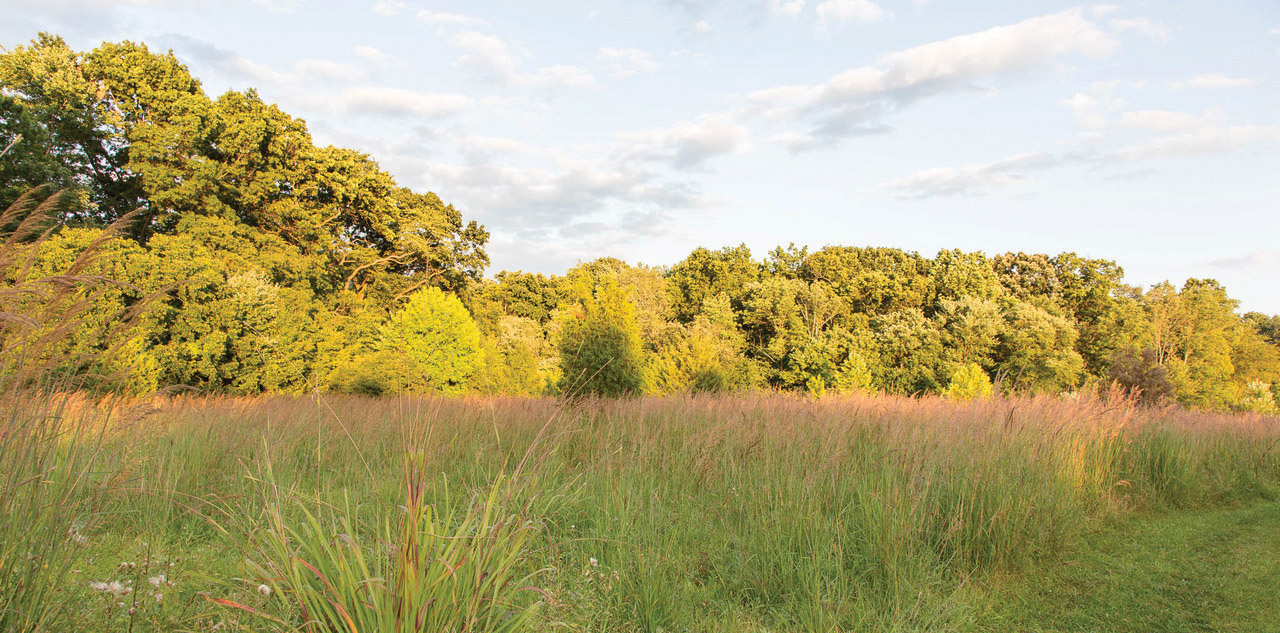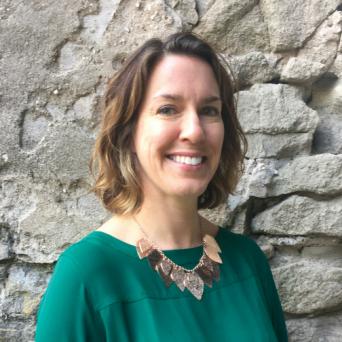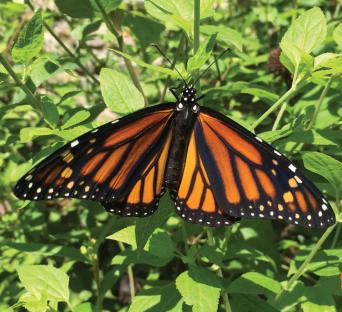
WVWA Thinks Globally, Acts Locally

There was a time when I looked forward to reading the news, but now I look at the Sunday paper with a sense of dread. On global and national levels, 2018 brought the risks to existing environmental protections into stark view and demonstrated that current solutions to environmental challenges are insufficient.
For an individual, the sense of powerlessness to affect change at these scales can feel overwhelming. I have found that the best way to combat this paralyzing feeling is by focusing my energy on opportunities where I can create change. Most often, these are in my local community.
As a member of Weavers Way, you know this. You give your membership dollars to a co-operative because you want to be a part of the solution to the problems of our current food systems. Through your membership, you have brought your values to life, and that is powerful. I have the privilege of serving as Executive Director of the Wissahickon Valley Watershed Association, and I would like to share with you our story of combatting national and global environmental challenges at the local level.
According to the World Wildlife Fund’s 2018 Living Planet Report, wildlife populations have declined by 60 percent in the past 40 years globally, largely due to habitat loss. While you may not be able to stem the tide of extinction, by supporting WVWA you can ensure that the chimney swift, monarch butterfly and red-backed salamander have a place in your community. WVWA actively protects nearly 1,300 acres of open space and habitat in the Wissahickon Valley. If you drive down Lewis Lane in Blue Bell and visit the Cheston Family Preserve at Briar Hill, you’ll see the impact of $1.9 million we raised in 2018 to permanently protect the eight acres of open space adjacent to Briar Hill Preserve and Prophecy Creek Park.
We use donations to improve habitats at our 12 nature preserves in the Wissahickon watershed. You can witness our efforts with a visit to Crossways Preserve, where we have improved meadow, wetland and woodland habitats. These habitat improvements will allow Crossways to support a richer and more diverse community of plants and wildlife.
The scope of the Clean Water Act is under scrutiny, putting into question the EPA’s commitment to protecting the health of our interconnected system of waterways. Again, while you may not be able to stop changes to the Clean Water Act, by supporting WVWA you can ensure that the Wissahickon Creek is being cared for. WVWA spent significant time in 2018 working with 13 municipalities, four wastewater treatment facilities and three other nonprofit institutions to draft a shared water quality improvement plan for the Wissahickon Creek. WVWA is also planning several stormwater improvement projects over the next three years that will help manage nearly 5 million gallons of stormwater runoff annually.
If you haven’t attended one of our events, walked on our trails or joined as a member, we invite you to take that first step and see what we’re all about. We’ve been here since 1957, and with your support, we will be here for many more years, working to keep the Wissahickon Valley a place where people and nature can thrive.


